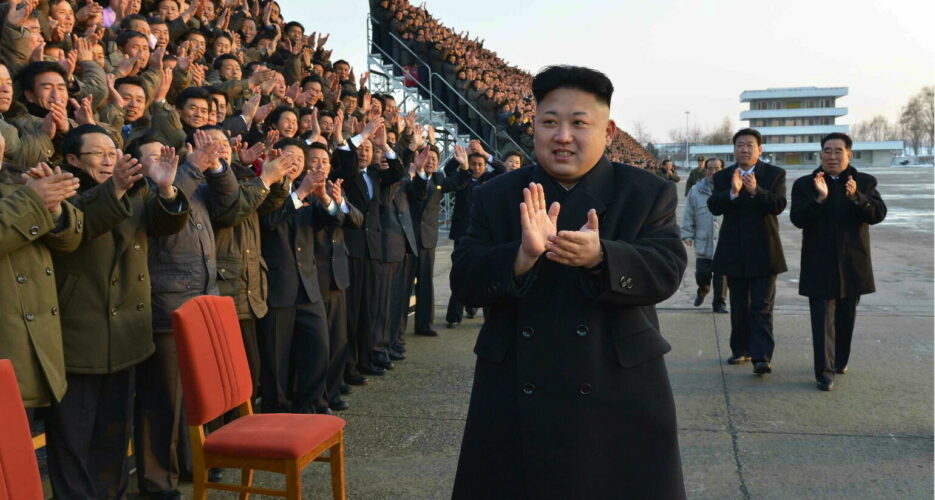The first several years under Kim Jong Un were a time of much change for North Korea. From 2012 to 2018, the leader and his circle implemented policies that can be described as reform without openness, reminiscent of China in the early 1980s.
State-owned enterprises received much more autonomy and private businesses were far less harassed. In China, however, market-oriented economic reforms were accompanied by major political liberalization. This did not happen in North Korea. On the contrary, Kim has significantly enhanced population surveillance and control, a trend accelerated by COVID-19 but by no means caused by it.
The first several years under Kim Jong Un were a time of much change for North Korea. From 2012 to 2018, the leader and his circle implemented policies that can be described as reform without openness, reminiscent of China in the early 1980s.
State-owned enterprises received much more autonomy and private businesses were far less harassed. In China, however, market-oriented economic reforms were accompanied by major political liberalization. This did not happen in North Korea. On the contrary, Kim has significantly enhanced population surveillance and control, a trend accelerated by COVID-19 but by no means caused by it.
Become a member for less
than $5.75 per week.
Unlimited access to all of NK News: reporting, investigations, analysis
The NK News Daily Update, an email newsletter to keep you in the loop
Searchable archive of all content, photo galleries, special columns
Contact NK News reporters with tips or requests for reporting
Get unlimited access to all NK News content, including original reporting, investigations, and analyses by our team of DPRK experts.
Subscribe now
All major cards accepted. No commitments – you can cancel any time.













